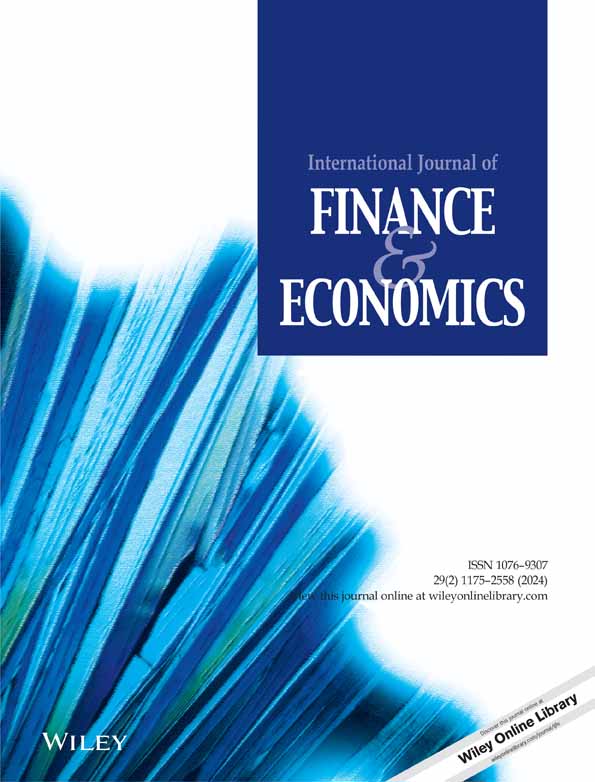How does the stock market affect the interest rate corridor system in China?
Abstract
Exogenous shocks from the stock market may contribute to fluctuations in market-based interest rates in China. The interaction between the two markets may go beyond an aggregate level to distributional aspects. By using the cross-quantilogram method, we characterise how China's stock market affects its retail credit market in distribution. Our results show clearly which quantile ranges in the stock market influence tail events in the retail credit market. We also offer practical advice on potential upper and lower bounds of the interest rate corridor. Furthermore, the main results still hold even with the foreign exchange market or the benchmark interest rate being controlled. Based on this, we provide pertinent policy suggestions for China's ongoing transition to the interest rate corridor system.
Open Research
DATA AVAILABILITY STATEMENT
The market-based interest rate is constructed from the data of wealth management products provided by China Merchants Bank. Restrictions apply to the availability of these data, which were used under license for this study. Data are available from http://www.cmbchina.com/ with the permission of China Merchants Bank. The stock market data and exchange rate data that support the findings of this study is openly available in Wind Financial Terminal Database (WIND) at https://www.wind.com.cn/




